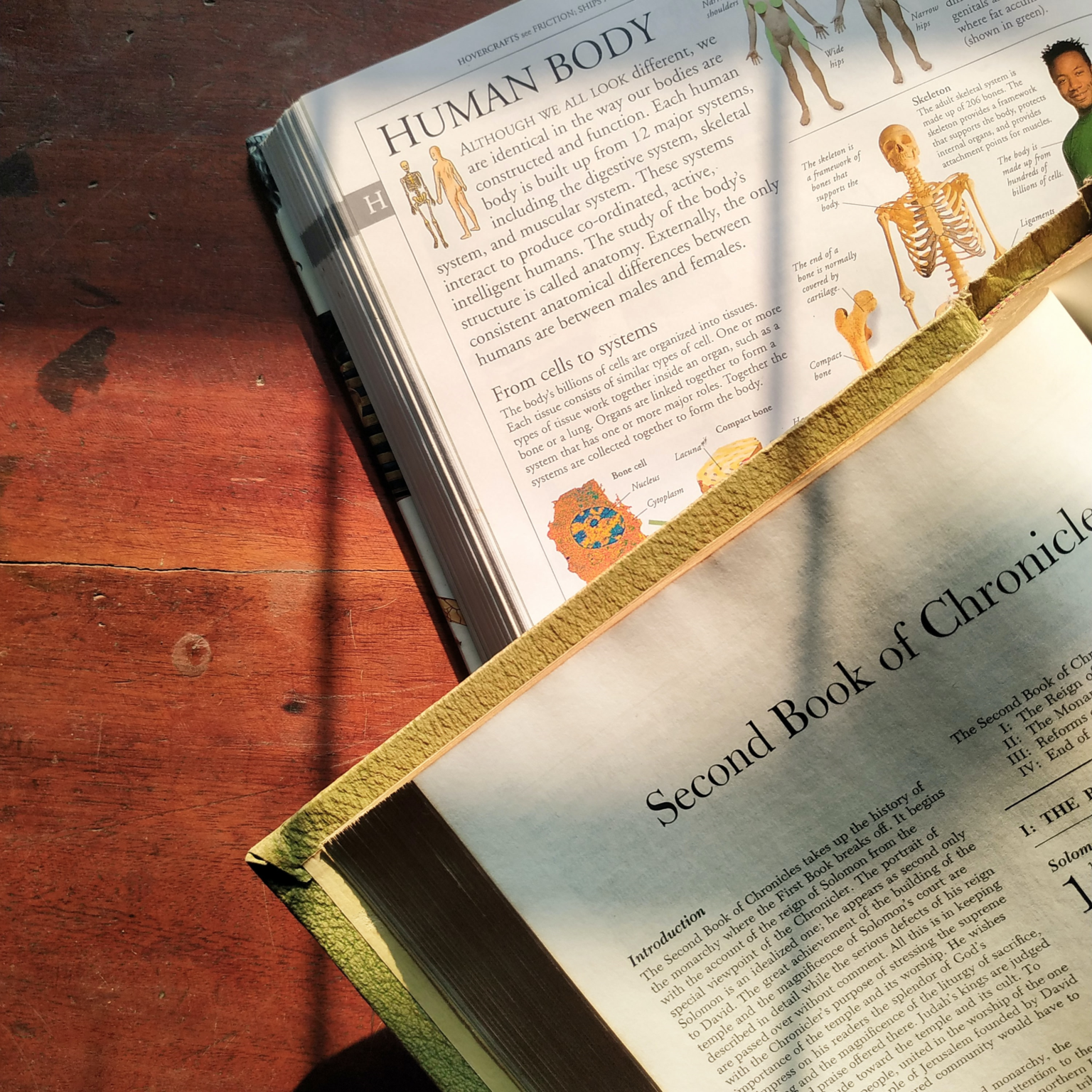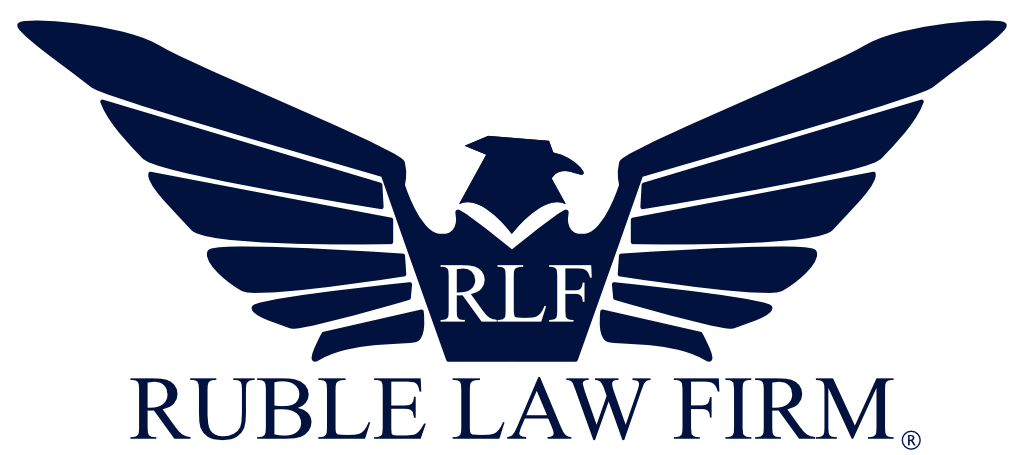COPYRIGHTS

Copyright law protects original works of authorship that have been fixed to a tangible medium.
Copyright law protects the creative expression of an idea, not the idea itself.
For example, if I compose an original poem in my head but never write it down, the idea has not been expressed by being fixed to a tangible medium (the paper in this example), thus my poem is not subject to copyright protection.
Once an original work (the poem in this example) has been applied to the paper, copyright rights automatically attach to the creative expression. Once attached, the copyright owner now has the exclusive right to copy, distribute, publicly perform, adapt and publicly display the work.
Copyright rights apply to a wide variety of creative efforts, including literary, dramatic, musical, artistic, audiovisual, and even architectural works. You are not required to publish the work in order for it to be protected by copyright law.
If you create a new work or wish to enhance your rights in an existing work, you should consider filing an application for copyright registration with the U.S. Copyright Office.
Obtaining a copyright registration (within certain time limits) provides you with a host of legal advantages, including the right to file suit for copyright infringement and the potential to receive statutory damages from the infringer.
